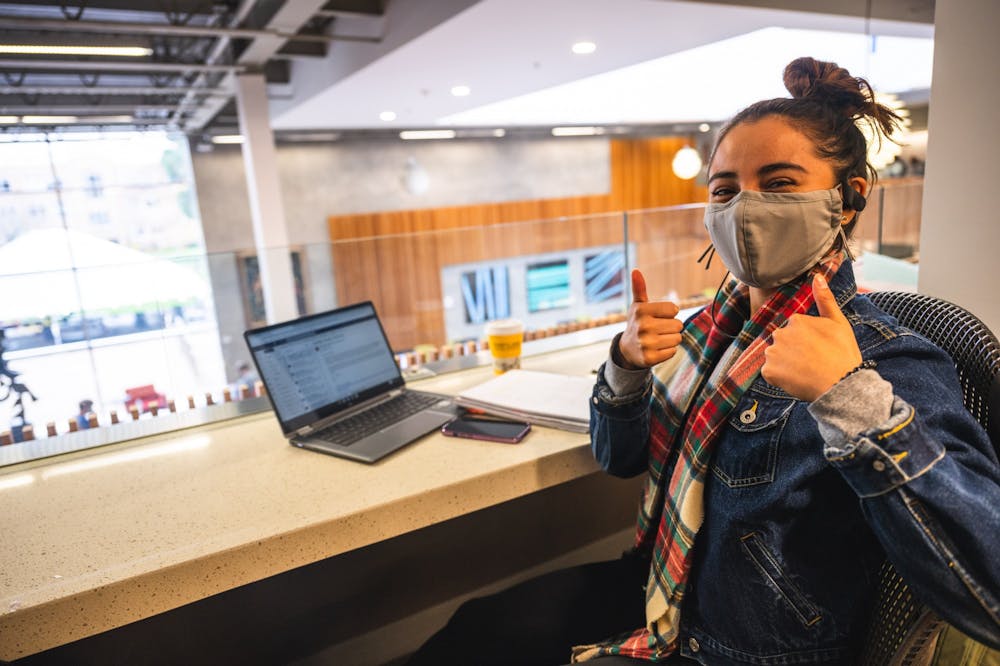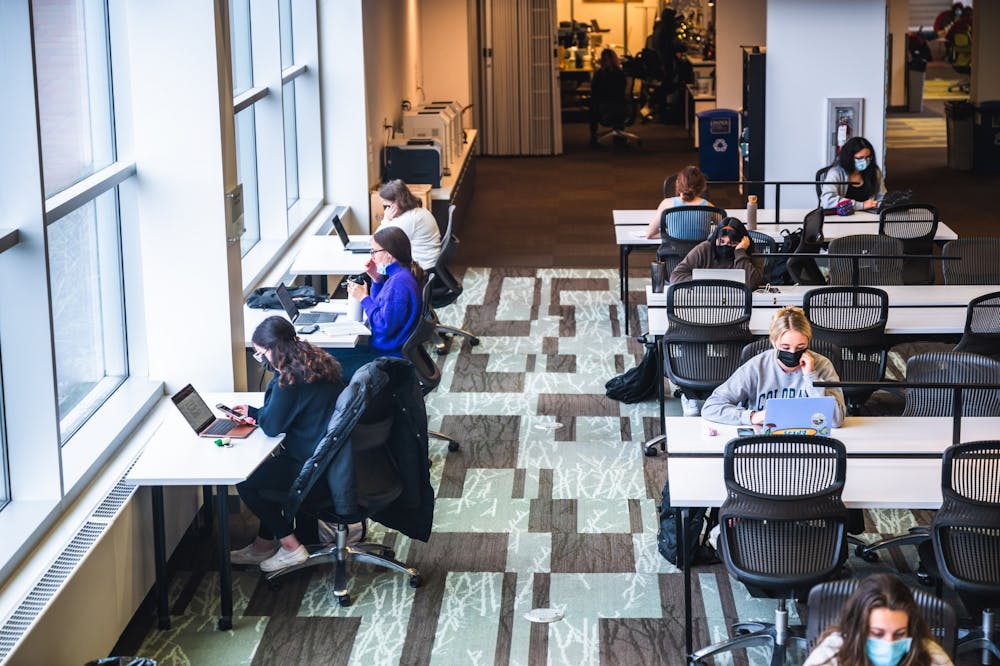It’s that time of year. The sun sets earlier, the weather is colder and students are overcome with stress about wrapping up the semester. Finals are quickly approaching and students are finding themselves at a loss for both sleep and sanity.
We’ve all been there: staying up until 2 a.m. studying and finishing assignments instead of going into an exam feeling confident and energized. One way to space out busy projects or essays is by doing a little bit at a time. This reduces the stress you’ll feel as the deadline approaches.
Here are some other proven strategies to help you feel more prepared for finals than ever before.
Take Breaks

One tactic found to be successful is the 50/10 rule. This study method is made up of 50 minutes of studying and a 10-minute break. This strategy helps prevent people from cramming and burning out. In fact, breaking up your study time over the course of several days or weeks helps people retain information over a long period of time.
Try a Reading Comprehension Technique
For some, reading assignments are daunting. The SQ3R method can serve as a guide. This method is broken up into five sections: survey, question, read, recite and review. A person begins by skimming the main headings and subheadings then formulating broad questions about the content. After reading each section, recite to yourself what you just learned, then review the content after finishing the chapter.
Utilize Practice Quizzes
One way to test your knowledge is by doing self-quizzes. Self-quizzing is an effective way of learning material. Try creating flashcards with questions that are similar to those that will be on the exam.
Set the Mood
Another helpful tip is to pick the right study environment. Make sure to study in a place that has the right noise level for you.

Maybe it’s in the quiet section of the library or with friends. UP professor Clay Hartmann, who teaches Solutions for Anxiety, advises to follow the “Sacred Space” theory.
“The premise is that you create a physical space, in your dorm, your house, a coffee shop, or in the library, that you only study in,” Hartmann says.
Exercise
Sometimes it’s hard to sit down and focus on an assignment. Research has shown that physical exercise can help when there’s strain on the brain. Try going for a jog, a bike ride or even a walk around your block.
Embrace the Experience
While the outcome of an exam, essay or project is what most people stress over, Hartmann emphasizes the importance of the process of studying.
“I try to remind students and my patients at the counseling center that while the outcome of finals are important personally and academically,” Hartmann said. “My feeling is that it is the process of learning to study, preparing, and sitting for a final that ends up being the most powerful learning experience.”
Isabel Cornejo is a reporter for The Beacon. She can be reached at cornejoi22@up.edu.








